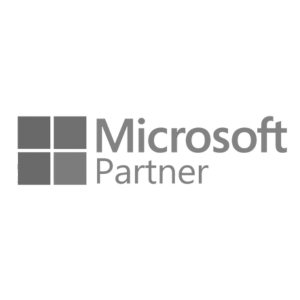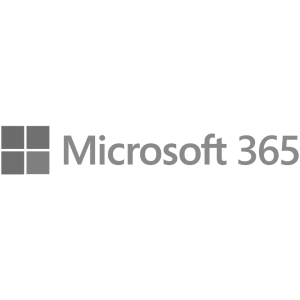Digital Transformation
IT Projects & Professional Services
Success in today's digital landscape hinges on tailored IT solutions. At Synivate, we recognize the uniqueness of each business and reject the notion of a one-size-fits-all solution. We dive deep into understanding not just your IT infrastructure, but the heartbeat of your organization: its employees and customers. This holistic approach ensures we equip you with the most effective tools for your specific needs.
Server Migrations
In our increasingly digital age, server migrations aren't just about transferring data; it's about ensuring the lifeblood of your company flows without interruption. Synivate excels in executing server migration projects, guaranteeing minimal downtime and ensuring a seamless transition. Leveraging best practices and cutting-edge tools, we safeguard data integrity, ensure compatibility, and facilitate a smooth operational shift from one environment to the next.
Over the last 10+ years, Synivate has migrated over 30,000 accounts to Microsoft Office 365, helping organizations harness the full power of the Microsoft Office 365 ecosystem including OneDrive, Exchange, SharePoint, etc.
Cloud Application Transitions
Transitioning applications to the cloud is more than a mere shift in location; it’s a transformation in how your business operates and delivers value. At Synivate, we streamline the migration of applications to the cloud, ensuring they're optimized for performance, scalability, and security in their new environment. Our IT experts guide you in selecting the most suitable cloud platform, tailoring the migration process to your unique application landscape and ensuring a seamless integration with existing systems and workflows.
Whether you have a clear vision or need guidance in sculpting your IT strategy, Synivate is your trusted partner in innovative technology solutions. Let's forge the future together. Schedule an introductory meeting, and let us align with your business aspirations.










Instead of taking our word for it, listen to what our customers have to say.
"Algonquin Products Company has been using Synivate for 10 years and I would highly recommend their services to any business in need of a complete IT program. Issues are solved quickly, efficiently and they are very responsive."
"I've used them twice now and each time I was completely blown away by the prompt response time, detail given of the issue(s) and steps being taken to rectify it, and accuracy with solving anything brought too them. You won't regret working with them! 10/10"
"We are really pleased with our experience with Synivate. Their prompt, friendly and professional resolution of our needs gives great confidence to our business. A worthwhile investment, for sure."